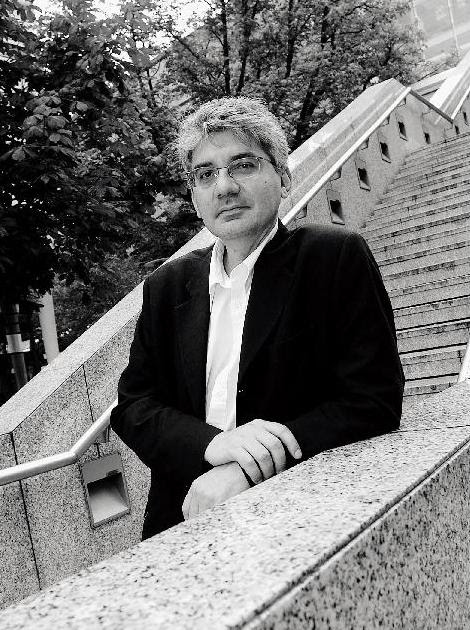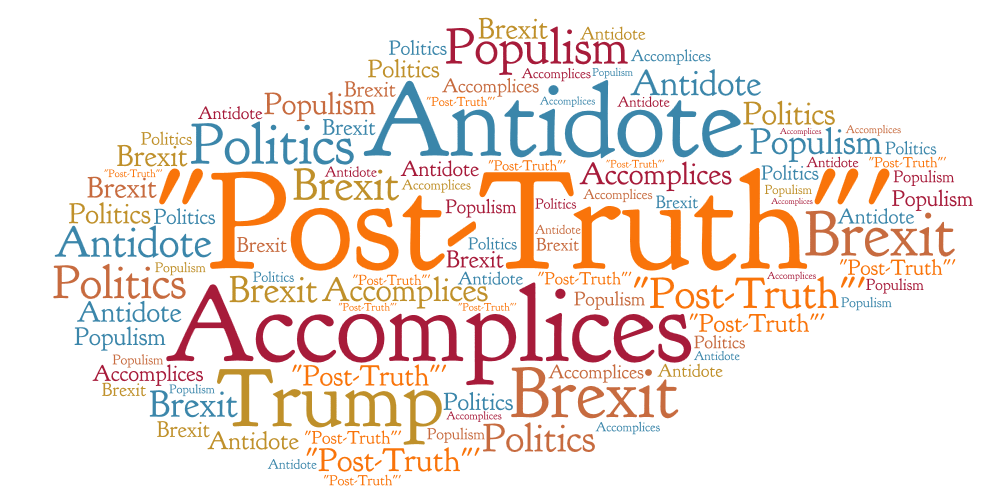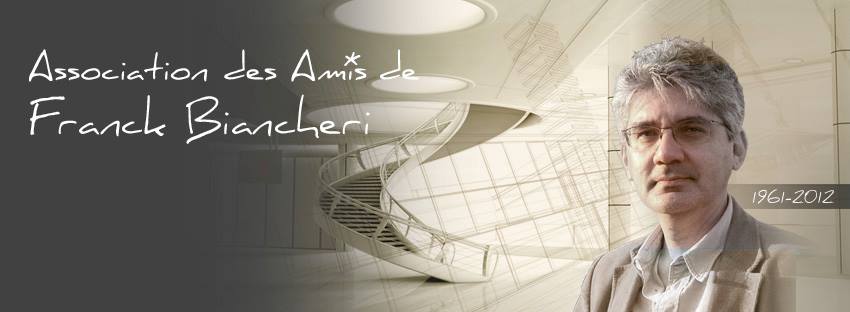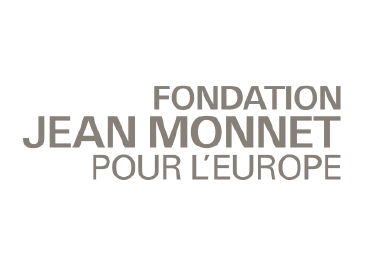– No European army without European Democracy –
Lets start with some fundamental thoughts and then go into European politics.
An army is a democratic anachronism for two reasons:
. can a state based upon democratic values send its sons and nowadays even its daughters, out to die, or to kill, or to be wounded and to be traumatized? This question, if posed in this simple and direct way, has to be answered with a clear no, because our European values are based upon the reverence for life;
. and secondly: an army, which is a structure for war, can never be democratic. If in combat, you cannot vote or negotiate what to do, you need clear and strong leadership, not democracy.
Nevertheless, nearly all states do have armies and their sovereignty is to a large extend based upon their military. This is an interesting example of how far away we still are from realizing our basic values. And so we come to the realm of politics, which is dealing with the strategies how to manage the current stately structures, which have been imposed upon us by history.
Our current world is becoming more and more insecure and this more and more through the actions of non-stately operators. Europe is surrounded by battlefields and wars, be it in Ukraine, in Syria or in Libya and the ISIS-terror has reached its heart.
Our European neighbor Russia, hit by islamistic terrorism since a long time, fighting ISIS in Syria and defending its sphere of influence in Ukraine, is building up its military, modernizing its nuclear weapons.
Donald Trump, who might be the next American president, puts NATO into question (in favor of an organization, that is able to confront the current challenges like non-stately operators and cyber warfare) and wants states like Germany to pay for their protection. He also plans to massively build up the American military.
His opponent Hillary Clinton, former secretary of state, has proved to be a proponent of the American politics that was a major factor in making the middle east into this major threat to European security, that it is now.
Great Britain, that for a long time has opposed the idea of a European army has voted to leave the EU.
In this situation we hear now in Brussels and European capitals and on European summits talk about a European army, a Europe of defense[1].
But is this feasible? Or what are the necessary conditions?
Critics say, that this road is taken, because the leaders cannot find a common road to solve the problems of the Euro and towards more economic integration. There is some truth in this argument, although it does not acknowledge, that a common European defense is currently a political necessity.
But it is necessary to draw conclusions from the ill-conceived monetary union. Nearly all economists and even many politicians agree, that a common currency in order to work and make Europe prosper needs a full-blown political integration. And democracy, as we all know, is the tool for political integration. Its a tool for bringing forward all the aspects and problems of a certain political field and its a tool to generate political legitimacy. For Europe this would mean, as Franck Biancheri and his friends have not stop demanding, real transeuropean elections for a parliament with strong powers (like the right to vote upon a budget) and a European government elected by this parliament. But the last generations of political leaders have blocked this, ultimately because they, coming from the political scenes of the European nation-states, did not want to put themselves into question.
Now we want an European army without a European parliament that has the rights to control it and without a democratically legitimated leadership that can lead it. The European people will feel such an army to be one more threat and not a tool against the current threats and it will not work.
An army is not just a technological structure, but as it deals with war, so ultimately with matters of life and death, and as it is an instrument of power, it is the most sensitive area of politics. It can have very different characters: it can be an instrument for defense, it can be an instrument for deterrence and it can be an instrument for imperialistic and neo-colonialistic ambitions or even for the suppression of the citizens and for overthrowing a legitimate government.
So an European army would need European democracy and a democratically legitimated leadership, strong leadership and intelligent leadership. All of this we don’t have. Maybe we have some intelligence, but not enough democracy and not enough strength and clarity. Like this a road to disaster.
But because we want to avoid this disaster and because we are currently in a very challenging situation, there is no way out, but to start building this really democratic European governance to give the European citizens the power to decide upon the direction of a European army and give legitimacy to it.
Such a democratic process is also necessary for the integration process of building an European army[2]. It will make it necessary to bring forth all the ideas about what this European army in the 21st century should be and what it should stand for, it will even make it necessary to debate upon a European identity and it will make it necessary to name the top European experts on defense politics.
Why not give it a try (as it cannot get worse)?[3]
Christel Hahn
President of IRPA
__________________________________________________________
[1] Source: Telegraph, , 22.8.2016
[2] There is even one positive example for military integration: Germany, after the fall of the wall, has not dismissed the members of the east German army, but integrated them, including all its officers into the west-German army (whereas in Iraq the dismissed army has become a major basis for ISIS. Germany has also after the war managed to rebuild an army based on the concept of “citizen in uniform” (and also using and integrating personnel from the former army) and its army still is today a parliamentary army, meaning all its deployments have to be oked by the parliament (except for emergency).
[3] And if many say, that real European democracy is not feasible in a short period of time, why not think about creating now at least a democratic European military governance? Why not elect on a transeuropean scale a military parliament (which maybe even should not be big in size), which then elects the European minister of defense? (See also the book of the philosopher Johannes Heinrichs: “Die Logik des europäischen Traums, Eine systemtheoretische Vision” and his article: Four-way path of democracy
– Pas d’armée européenne sans démocratie européenne. –
Commençons par quelques réflexions fondamentales, pour nous pencher ensuite sur la politique européenne.
Une armée est un anachronisme démocratique, et ceci pour deux raisons :
. d’une part, un état fondé sur des valeurs démocratiques peut-il envoyer ses fils, et de nos jours ses filles, pour mourir, ou pour tuer, ou pour risquer d’être blessés et d’être traumatisés? Cette question, si elle est posée de manière simple et directe, trouvera comme réponse un « non » franc, parce que les valeurs européennes sont fondées sur le respect de la vie.
. d’autre part, une armée, qui est une structure de guerre, ne peut pas être démocratique. Au cours d’un combat, il n’est pas possible de voter ou de négocier les actions à entreprendre, alors il est nécessaire d’avoir un leadership clair et fort, et non une démocratie.
Néanmoins, presque tous les états ont des armées et leur souveraineté est en grande partie basée sur leurs forces militaires. Ceci est un exemple intéressant puisqu’il montre à quel point nous sommes encore loin de nos valeurs fondamentales. Ce qui nous mène à la sphère politique, qui développe des stratégies pour gérer les structures étatiques actuelles, qui nous ont été imposées par l’histoire.
Notre monde actuel devient de plus en plus instable notamment du fait d’actions conduites par des opérateurs non étatiques. L’Europe est entourée par des champs de batailles et des guerres, que ce soit en Ukraine, en Syrie ou en Libye et l’EIIL (Etat Islamique en Irak et au Levant) a porté la terreur en son cœur.
La Russie, notre voisine européenne, est frappée par le terrorisme islamique depuis longtemps. Elle combat l’EIIL en Syrie et défend sa sphère d’influence en Ukraine, elle reconstruit sa force militaire et modernise ses armes nucléaires.
Donald Trump, qui pourrait être le prochain président Américain, a remis en question l’alliance de l’OTAN (au profit d’une organisation capable de faire face aux défis actuels à l’image des opérateurs non étatiques et de la cyber-guerre) et souhaite que des pays comme l’Allemagne paye pour sa protection. Il compte aussi massivement développer les forces armées américaines.
Son opposante Hillary Clinton, ancienne secrétaire d’état, a démontré à plusieurs reprises être en faveur de la politique américaine qui a fortement contribué à faire du Moyen-Orient la principale menace pour la sécurité européenne aujourd’hui.
La Grande Bretagne, de longue date opposée à l’idée d’une armée européenne, a voté sa sortie de l’UE.
Au regard de cette situation, on entend aujourd’hui à Bruxelles et dans les capitales et sommets européens, parler d’une armée européenne, d’une Europe de la défense[1].
Mais cela est-il faisable? Ou quelles en seraient les conditions nécessaires ?
Les critiques émises avancent que cette route est prise parce que les dirigeants ne parviennent pas à trouver une voie commune pour résoudre les problèmes de l’Euro et de l’intégration économique. Cet argument recèle une certaine vérité, bien qu’il ne reconnaisse pas qu’une Europe de la Défense commune soit actuellement une nécessité politique.
Mais il est nécessaire de tirer les conclusions d’une union monétaire mal conçue. Presque tous les économistes et même de nombreux politiciens s’accordent à dire qu’une monnaie unique, pour fonctionner et rendre l’Europe prospère, a besoin d’une véritable intégration politique. Et, comme nous le savons tous, la démocratie est l’outil nécessaire à l’intégration politique. Cet outil permet de mettre en évidence les aspects et les problèmes d’un domaine politique en particulier et permet d’apporter la légitimité politique.
Pour l’Europe, cela signifierait la tenue d’élections transeuropéennes –comme Franck Biancheri et ses amis n’ont cessé de le réclamer– qui donneraient naissance à un parlement doté de pouvoirs forts (comme le droit de vote sur un budget) et à un gouvernement européen élu par ce même parlement.
Mais les dernières générations de dirigeants politiques ont bloqué ce processus, car, émanant eux-mêmes des scènes politiques des états-nations européens, ils ne voulaient pas avoir à se remettre en question.
Aujourd’hui nous voudrions mettre en place une armée européenne, alors que nous n’avons ni Parlement européen disposant de droits pour la contrôler, ni commandement démocratiquement légitimé pour la diriger. Le peuple Européen percevra cette armée comme une nouvelle menace et non comme un outil contre les dangers actuels et reste donc voué à l’échec.
Une armée n’est pas uniquement une structure technologique, mais une entité qui traite de la guerre, et donc inévitablement de sujets de vie et de mort. Instrument de pouvoir il couvre une zone sensible de la politique. Il peut revêtir des formes très différentes: un moyen de défense, un outil de dissuasion, un outil servant des ambitions impérialistes et néo-colonialistes, ou même un moyen pour supprimer des citoyens et renverser un gouvernement légitime. Pour une armée européenne il faut de la démocratie européenne et un commandement démocratiquement légitimé, un commandement fort, un commandement intelligent. Bref, tout ce que nous n’avons pas. Peut-être avons-nous de l’intelligence, mais pas assez de démocratie, ni assez de force et de lucidité. En l’état actuel, cette route conduirait au désastre.
Mais, parce que nous souhaitons empêcher ce désastre et parce que nous sommes actuellement dans une situation difficile, il n’y a pas d’autre issue que de commencer à poser les bases de cette véritable gouvernance européenne démocratique. Et ainsi donner aux citoyens européens le pouvoir de décider de la direction d’une armée européenne, et de lui donner de la légitimité.
Un tel processus démocratique est également nécessaire au processus d’intégration de la constitution de cette armée européenne[2]. Il est indispensable pour faire remonter toutes les idées de ce que devrait être cette armée européenne du 21ème siècle et de ce qu’elle devrait défendre, mais aussi au débat sur l’identité européenne et sur la mobilisation des meilleures compétences en matière de politique de la défense.
Alors, pourquoi ne pas lui donner une chance (ça ne peut pas être pire)[3]?
Christel Hahn
Présidente d’IRPA
______________________________________________
[1]Source: Telegraph, , 22.8.2016
[2]Il y a même un exemple positif d’intégration militaire: l’Allemagne. Après la chute du mur, elle n’a pas renvoyé les membres de l’armée de l’Allemagne de l’est, mais elle les a intégrés, ainsi que ses officiers, dans l’armée allemande de l’ouest (alors qu’en Irak, l’armée a été écartée et est devenue une base majeure de l’EIIL). Après la guerre, l’Allemagne a également réussi à reconstruire une armée basée sur le concept du « citoyen en uniforme » (en utilisant et en intégrant aussi du personnel de l’ancienne armée) et son armée est encore aujourd’hui une armée parlementaire, c’est-à-dire que ses déploiements sont validés par le parlement (sauf en cas d’urgence).
[3]Si beaucoup disent qu’il n’est pas faisable de mettre en place une démocratie européenne dans une période de temps aussi courte, pourquoi ne pas songer à créer au moins une gouvernance militaire européenne dès maintenant ? Pourquoi ne pas élire un parlement militaire à un niveau trans-européen (qui n’a pas besoin d’être important), qui élirait un ministère européen de la défense ? (lire aussi le livre du philosophe Jogannes Heinrichs: “Die Logik des europäischen Traums, Eine systemtheoretische Vision” et son article: Four-way path of democracy (en anglais)






